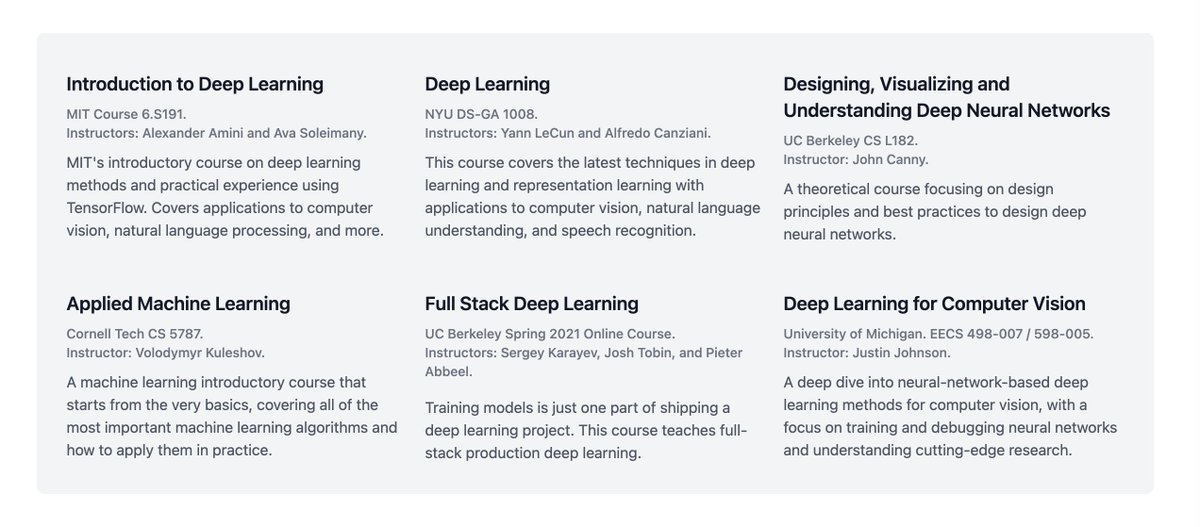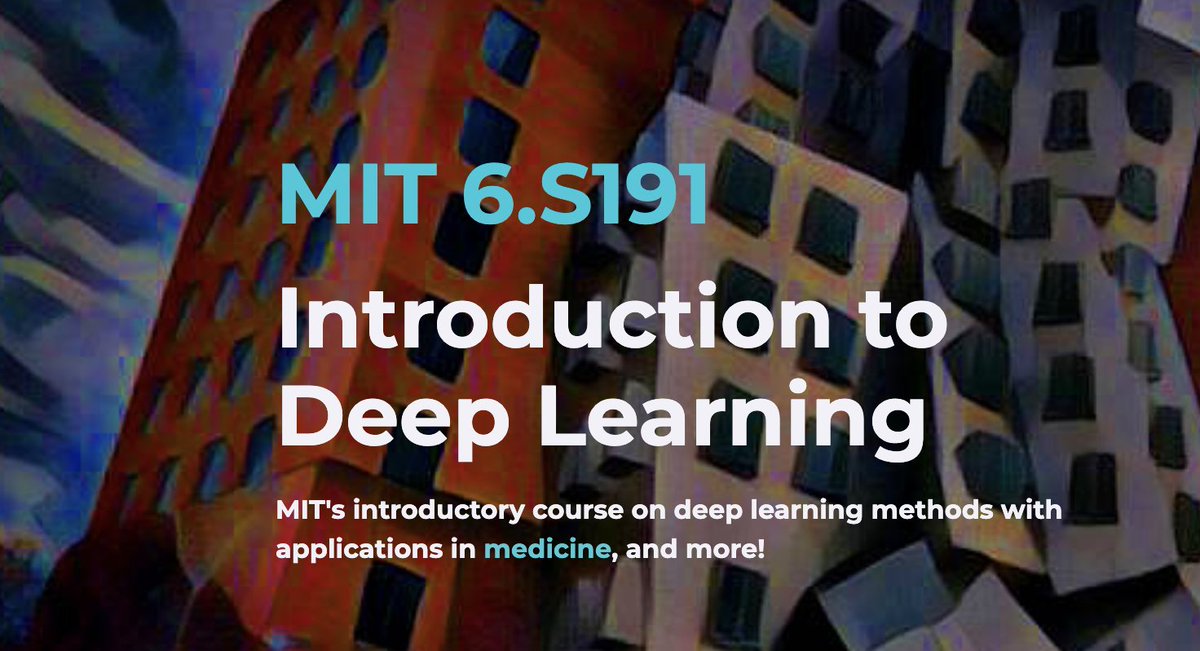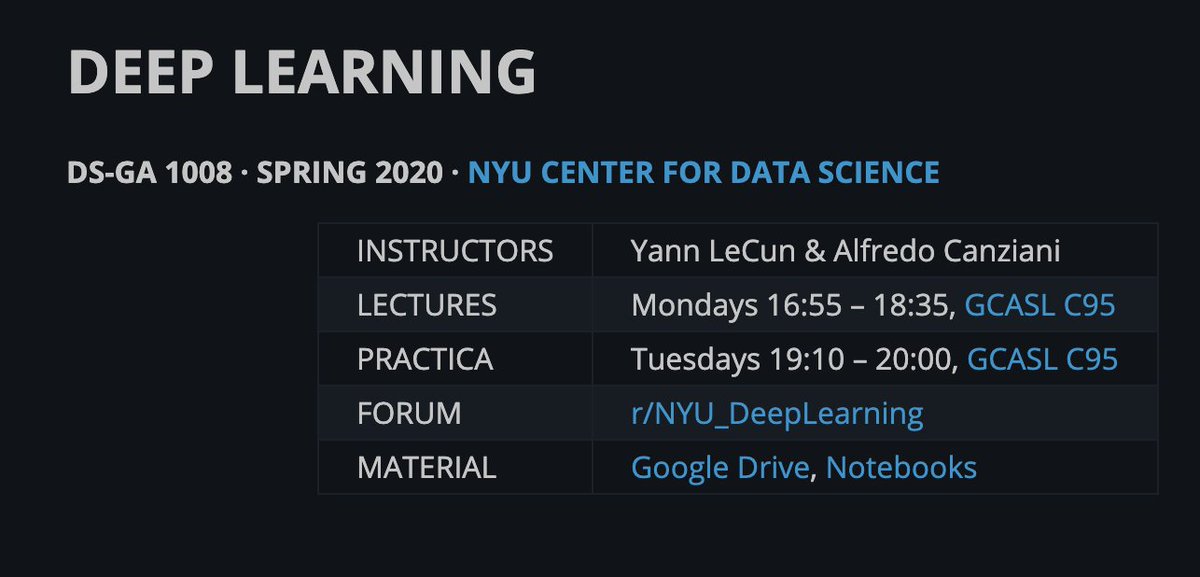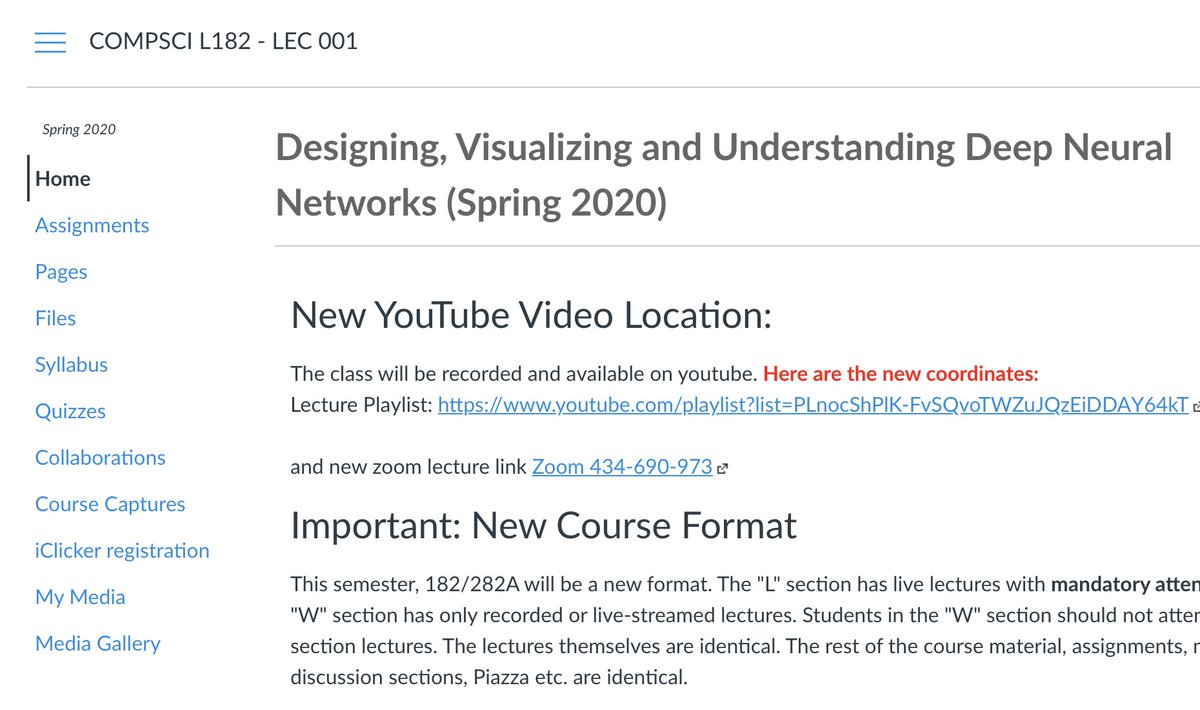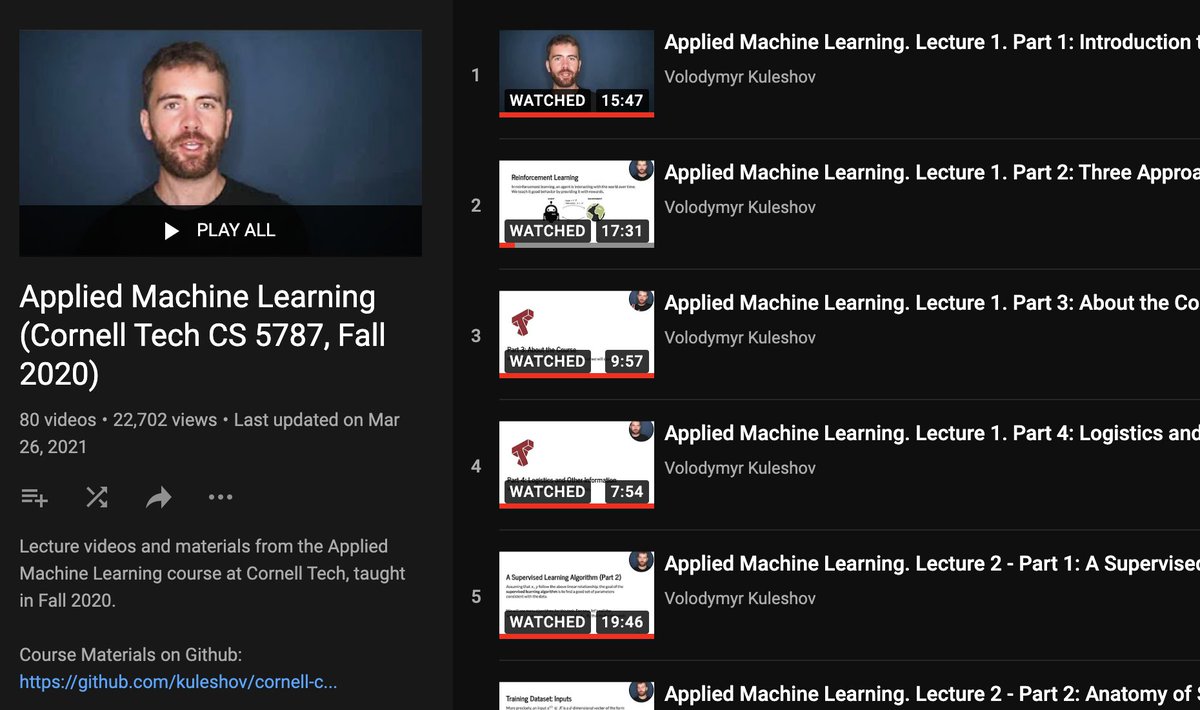🤔 Python generators
What are they? How to use them?
#Python
🧵Let's find out 👇
1️⃣ Python generators are lazy iterators delivering the next value when their .next() is called.
They are created by using the yield keyword
next() can be called explicitly or implicitly inside for loop
They can be finite or infinite
2️⃣ yield - where a value is sent back to the caller, but the function doesn’t exit afterward as with the return statement
The state of function is remembered.
For example, the number is incremented and sent back from yield at the consecutive call next()
3️⃣ Generator stores only the current state of the function - it generates next element on next() call and forgets the previous one -> it saves memory
For example, we don't need to store 1mio elements in memory to do something with each element
4️⃣ When you call a generator function generator object is returned - it's not executed yet
It executes only when next() is called
For example, that's why Exception is raised only on the next() call
